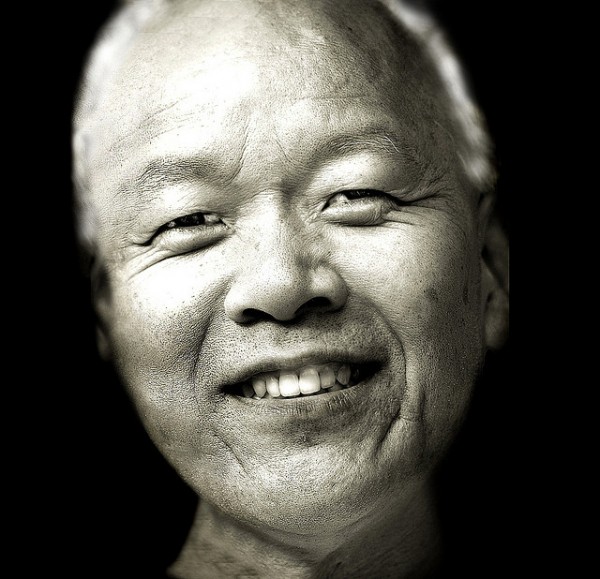Poll Expects 3.6 Million Centenarians in U.S. by 2050

Every three of ten Baby Boomers said they expect to live to the age 100 in a survey of centenarians and 65-year-olds living in the United States. If these expectations hold true, the U.S. will have an estimated 3.6 million centenarians by 2050.
Of course, that is only according to the expectations of the those being polled. The U.S. Census Bureau has very different expectations, predicting that there will be more than 600,000 centenarians by 2050. While significantly smaller than 3.6 million, that is still a massive rise in 100-year-olds. Currently, the U.S. has approximately 53,000 centenarians.
The polling expectations reflect a growing trend among the elderly. According to the ninth annual UnitedHealthcare 100@100 survey, the majority of both centenarians and Baby Boomers have learned to take positive stances about their age, reporting agreed notions on the secrets to living longer and feeling younger.
According to the poll, more than 86 percent of centenarians agree staying close to friends and family, maintaining a sense of independence, and eating right are all easy but essential factors to living a long and happy life.
Baby Boomers agree on a slightly different approach, with about 85 percent of all boomers asserting that a goo sense of humor and frequent laughter alongside family and independence are most essential. Still, that doesn't mean that boomers are tossing healthy habits to the waist-side.
According to the survey, the large majority of most groups report actively managing their physical health, focusing on taking preventative measures. Nine in 10 for both groups report seeing a doctor for an annual exam, and more than seven in ten report keeping up with their vaccines -- especially influenza, which is a threat to most elderly.
According to UnitedHealthcare associated experts, this all reflects a growing trend on staying healthy, where media and physicians alike have been promoting newly discovered preventative measures to stay healthy longer.
Rhonda Randall, D.O, Chief medical officer of UnitedHealthcare expressed her excitement about these results in the survey's accompanying press release, explaining that they show that proactive measures are at least being taken seriously by the country's elderly.
"This year's 100@100 survey paints an encouraging and exciting view of longevity in the United States, which is especially significant since the number of centenarians in this country is expected to swell in the coming years," said Randall.
A press release complete with the survey results was published on April 24.
Apr 24, 2014 12:32 PM EDT





